
Binance processes around $25 billion worth of cryptocurrency trades daily and has seen over $2 trillion move through its exchange to date.
When does decentralization stop being an experiment in technological democracy and start being a way to avoid accountability?
That’s the question at the heart of a potential $100 million arbitration lawsuit against cryptocurrency exchange Binance, where close to 1,000 traders seek damages for losses suffered during the site’s outage on May 19.
Binance experienced technical issues for several hours on May 19 amid one of the worst market crashes of the year as the global cryptocurrency market suffered a 33% drop. Traders were unable to execute trades for the duration of Binance’s outage, and many found their accounts depleted when the site came back online.
Binance’s click-through terms of use absolve it of any responsibility for losses incurred by new users upon registering with the exchange. The company has no official headquarters and isn’t registered or regulated in any jurisdiction.
Hundreds of users have added their names to the case since it was announced on Aug. 19, said David Kay of Liti Capital, who leads the steering and advisory committee directing the arbitration on behalf of the claimants.
Of the 700+ original claimants, only six claim damages of more than $20 million. But Kay believes the total amount lost by traders during May 19’s blackout could be more than $100 million.
A cloak of decentralization?
Speaking to Cointelegraph, Kay said that Binance had self-applied the “decentralized” label to great effect during its time as the world’s largest cryptocurrency exchange, but only to further its aims. He said:
“Binance tries to cloak itself as a community asset, which it’s not. It’s a corporation utilizing community assets. […] It’s done a good job of blurring the lines, and wrapping itself in the idea of decentralization.”
Kay suggested that Binance used the notion of decentralization to carve dividing lines through the cryptocurrency community by fostering an “in-group/out-group” mentality, stating: “Binance will point to the fact it has no headquarters, the fact that it’s not regulated, and say: ‘If you’re against us, you’re against that [decentralization].’”
Binance founder and CEO Changpeng Zhao has eschewed the notion that the exchange requires an official headquarters, noting that Bitcoin (BTC) itself has no base of operations. Addressing an audience at Ethereal Summit 2020, Zhao said Binance’s office was wherever he and his team happened to operate from at the time:
“Where’s the Bitcoin office? Bitcoin doesn’t have an office. [...] Wherever I sit is going to be the Binance office. Wherever I need somebody is going to be the Binance office.”
Binance processes around $25 billion worth of cryptocurrency trades daily and has seen over $2 trillion move through its exchange to date. Its margin trading platform allows users to leverage trades to up to 125x their original holdings — a practice that has been banned by regulators in the United States and the United Kingdom.
In November 2020, Coinbase disabled margin trading on its professional trading platform following official guidance from the United States Commodity Futures Trading Commission. But Binance, along with numerous other unregulated cryptocurrency exchanges, continued to offer high-risk trading products.
The happy wanderer
Traders who suffered undue losses while using Binance’s systems have had few options to launch — let alone resolve — legal action against the company. As the exchange hopped from China, Japan and Malta over the past several years (settling nowhere), its customers had no recognized arena from which to base a legal case.
Binance has since added a stipulation to its terms and conditions stating it would agree to hear claims made against it in the Hong Kong International Arbitration Centre. The HKIAC is very expensive for individuals to launch small claims in, with each case incurring a $65,000 fee simply to begin proceedings. What’s more, claims can only be made on an individual basis, precluding the possibility of class-action lawsuits.
The prohibitive cost of using the arbitration court effectively prices most users out of ever making a claim against the exchange. One claimant, who wished to remain unnamed, lost over $10,000 the day Binance went down — an amount he’d be forced to pay many times over to use the Hong Kong court as an arbiter.
Other individuals lost funds ranging between $100 and $12 million on May 19, and on other dates before and since. Kate Marie, a healthcare consultant and author from Sydney, Australia, lost between $160,000 and $250,000 when she couldn’t access her futures trading account during the site outage. Marie said:
“I couldn't adequately manage my futures account and got liquidated rapidly, and without warning, my margin status had changed. Also happened again on the 23rd, even though I had safety measures in place. This was going to set me up for life.”
Retail trader Fawaz Ahmed of Toronto, Canada, lost out on 3,300 Ether (ETH) (worth around $6 million at the time) because the site’s user interface froze and stopped him from closing out his position. Ahmed described experiencing symptoms of serious depression following the crash.
No witch hunt
Kay stressed that the arbitration against Binance isn’t a witch hunt. He recognizes the utility that such a platform can bring to the cryptocurrency space but believes that a line has to be drawn in the sand.
“We are not anti-Binance. We are pro-Binance. Binance can still be good for the community. This is about the fact that we all make mistakes, but that ultimately, those mistakes have to be rectified. We don’t want to destroy Binance, but this needs to be cleaned up,” said Kay.
Liti Capital, the group Kay heads up, is front-running the cost of the arbitration and will be compensated with a share of the damages awarded should the proceedings be judged in the claimants’ favor.
The claimants aim to question the enforceability of Binance’s click-through terms of use, which Kay said doesn’t constitute a negotiated contract. The group will also look to challenge the idea that claims can only be made individually in the Hong Kong IAC, but Kay said they are also prepared to fight each claim one by one if they have to.
“We won’t stop if we have to bring lawsuits on them individually,” he said.
User disagreement
Carol Goforth, a law professor at the University of Arkansas, said click-through terms of use are common in the world of e-commerce and could form part of a legally binding contract, assuming the terms are reasonable. Goforth told Cointelegraph:
“If the terms are reasonably conspicuous and you really do have to click through a link that warns you that you are agreeing to terms of the site, they can indeed become part of the contract.”
The user agreement could potentially be nullified, said Goforth, if the claimants show that the terms were unconscionable. This means they’d have to show the contract was unfair or abusive during its formation.
Binance had little to say about the prospect of the arbitration at the time of writing. A spokesperson told Cointelegraph, “We are committed to the legal process to resolve disputes and we do not comment on pending legal matters.”
The exchange was the target of heavy regulatory and legal scrutiny during summer 2021, as authorities in the United States, the United Kingdom, France, India, Japan, the Cayman Islands and more sought to either ban its trading products or pursue the exchange and its subsidiaries for violating national law. Binance has since shut down some of its leveraged trading products and has ceased offering its services to customers in certain jurisdictions.
The claimants lending their weight to the arbitration say they are doing so for a wide number of reasons. For some, including Kay, it’s about removing the false cloak of decentralization that Binance has used to disguise itself for so long.
“Imagine if Amazon said, ‘Sorry, our workers and customers can never sue us, because we’re part of the internet — and the internet is to stay deregulated,’” stated Kay. “That doesn’t work.”

You can get bonuses upto $100 FREE BONUS when you:
💰 Install these recommended apps:
💲 SocialGood - 100% Crypto Back on Everyday Shopping
💲 xPortal - The DeFi For The Next Billion
💲 CryptoTab Browser - Lightweight, fast, and ready to mine!
💰 Register on these recommended exchanges:
🟡 Binance🟡 Bitfinex🟡 Bitmart🟡 Bittrex🟡 Bitget
🟡 CoinEx🟡 Crypto.com🟡 Gate.io🟡 Huobi🟡 Kucoin.
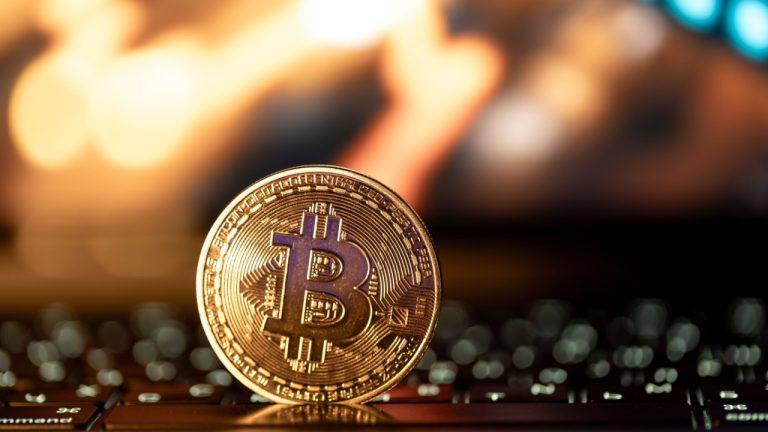
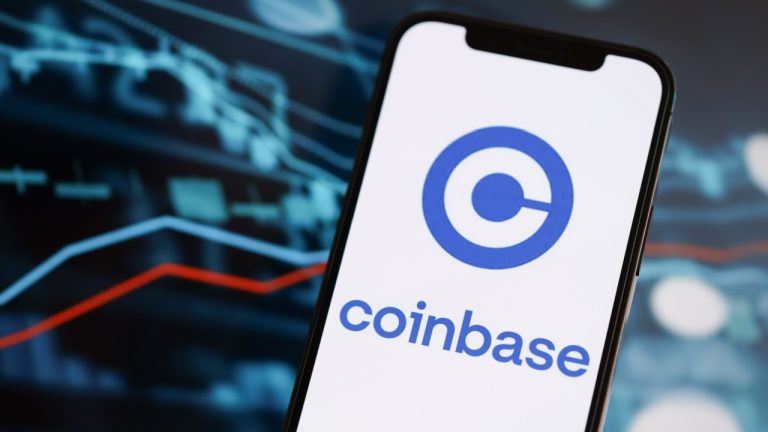
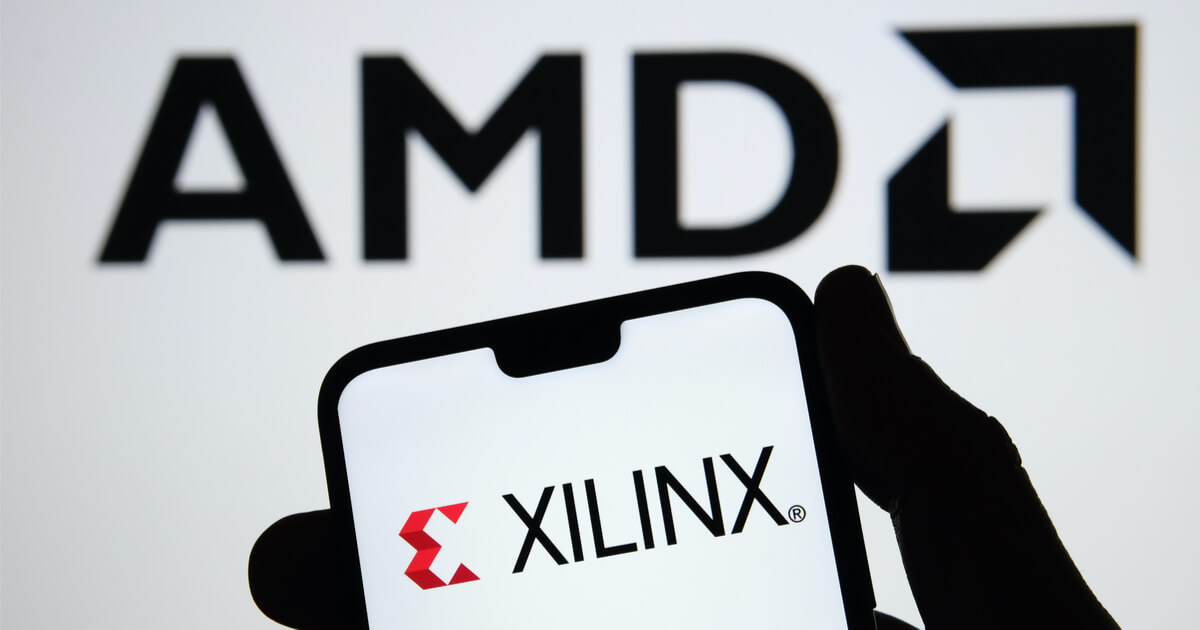

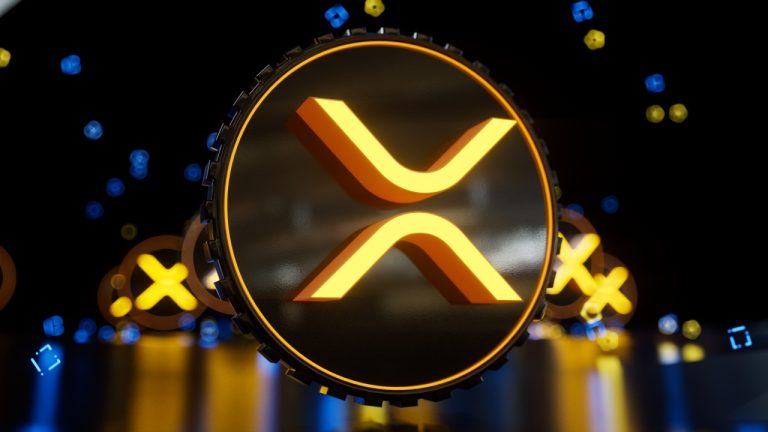



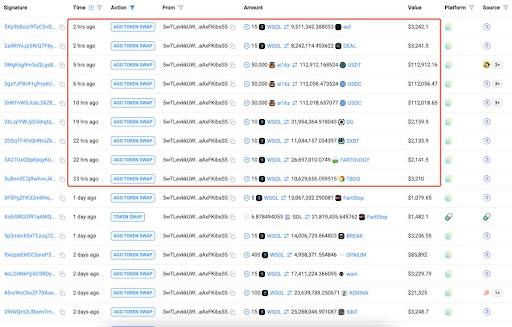


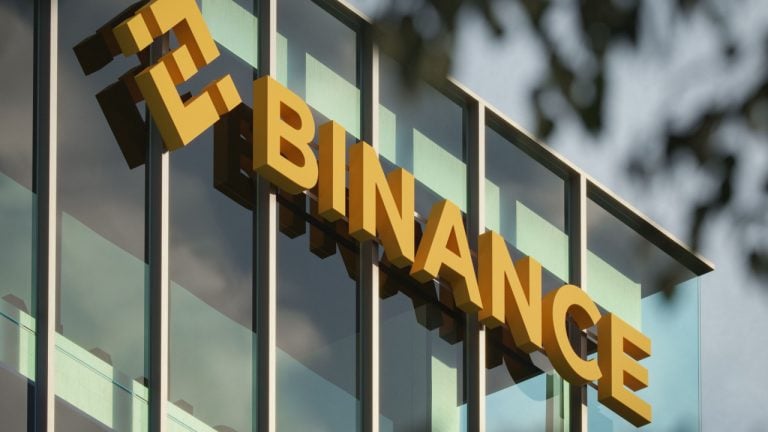




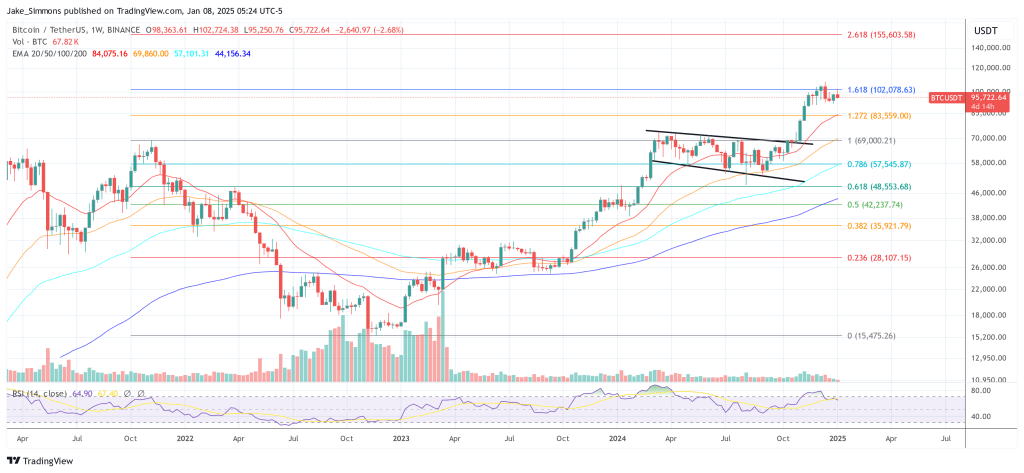

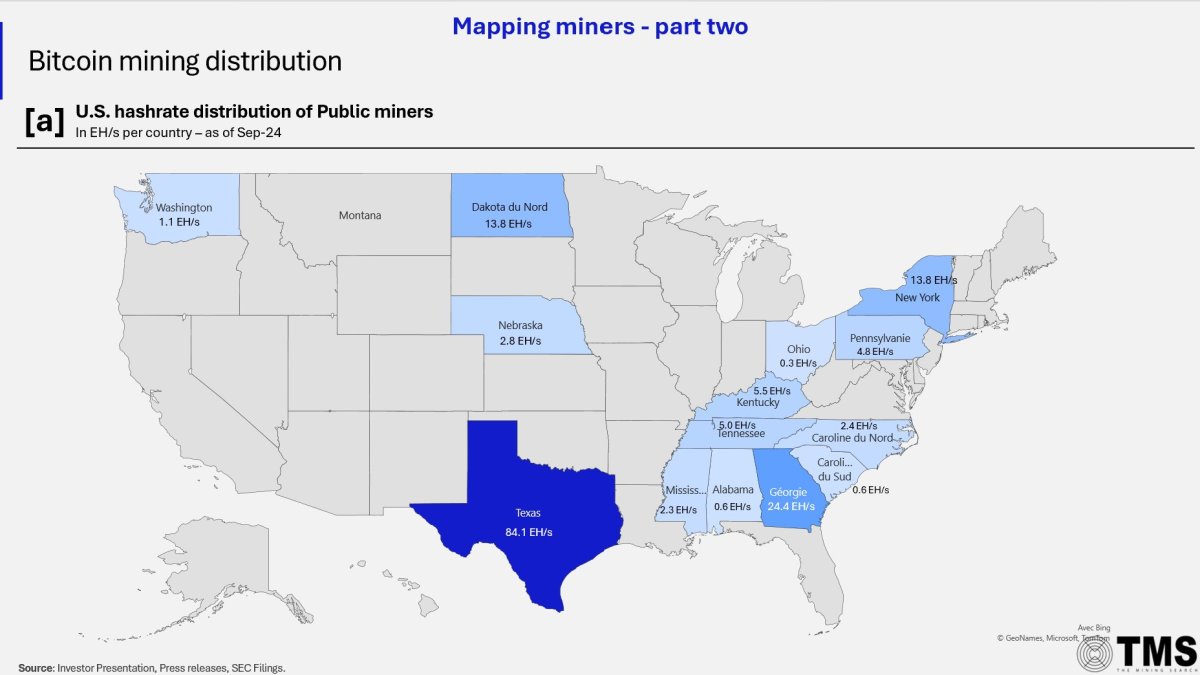

Comments